Samsung Electronics Aligns With xAI After Tesla—Could Musk’s Ecosystem Reshape the Foundry Market?
Input
Changed
Talks Underway for $1 Billion AI Chip Production Deal
Musk: “Chips Produced by Samsung Will Be the Best Ever”
Yield Risks Persist Despite Expanding Investment
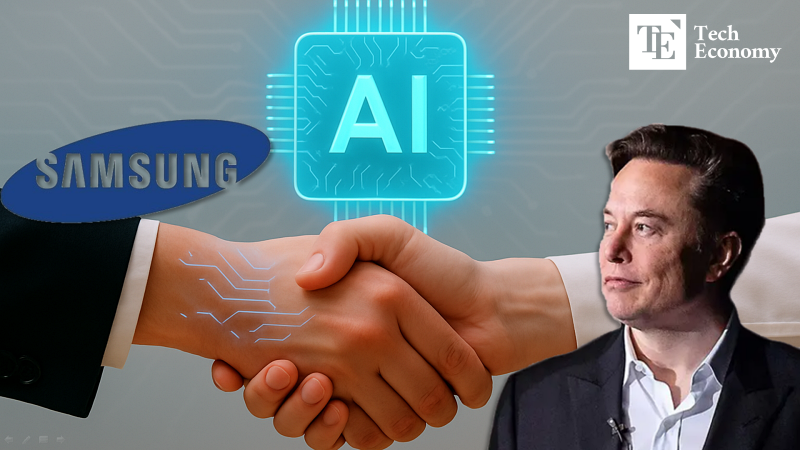
Samsung Electronics is in talks with xAI over the production of artificial intelligence (AI) chips, fueling speculation that the company could significantly expand its presence in the global foundry market. If Samsung secures xAI as a client following contracts with Tesla in July and Apple in August, the company would complete a “big tech trifecta” of high-profile orders. Industry observers suggest that if Samsung proves its performance by improving yields on such large-scale contracts, it could mark a watershed moment, not just for market share gains but for reshaping global foundry competition.
A Green Light for Strengthening Its Global Foundry Position
According to IT outlet SamMobile on the 9th, Samsung is negotiating a $1 billion AI chip production deal with xAI, led by CEO Elon Musk. This follows the $16.5 billion next-generation AI chip supply contract signed with Tesla in July. Should the agreement be finalized, Samsung’s new Texas plant would emerge as a key production hub within Musk’s AI ecosystem.
xAI is pursuing the development of application-specific integrated circuits (ASICs) to power its generative AI platform Grok and has recently formalized its hiring plans for specialized talent. ASICs, optimized for specific computational tasks, can deliver dramatic improvements in energy efficiency and processing speed during large-scale AI training and inference, making them a potent alternative to GPUs. While companies like xAI and OpenAI are investing heavily in ASIC development, actual production capacity remains concentrated in advanced foundries such as Samsung and TSMC.
Industry analysts describe the talks as “still in the early stages, prior to tape-out,” but note that “if successful, the deal could significantly expand Samsung’s client portfolio and strengthen its foundry position.” Uncertainty, however, remains. Yields at Samsung’s 2-nanometer process hover between 40 and 45 percent, well below TSMC’s near-70 percent, leaving a considerable gap. If yield stabilization lags, large contracts could face delays or risk being partially diverted to competitors.
Political risks in the United States add further strain. Aggressive immigration crackdowns under the Trump administration have directly disrupted construction projects. On the 4th, large-scale raids halted construction at a Hyundai Motor–LG Energy Solution battery plant in Georgia, throwing its production timeline into disarray. Industry voices warn that similar disruptions could hit Samsung and others, arguing that “the combination of skilled labor shortages and political uncertainty in the U.S. may emerge as the most serious risk going forward.”
Ripple Effects Across Musk’s Ecosystem
Despite these headwinds, Musk has expressed strong confidence in the performance of his company’s AI chip designs. On the 6th, he wrote on social platform X: “We just completed a great review with Tesla’s AI5 chip design team. AI5 will deliver phenomenal performance, and AI6, which follows, will unquestionably be the best chip ever.” AI5 is currently being manufactured at TSMC, while AI6, scheduled for mass production the year after next, will be produced at Samsung’s Texas foundry.
Musk also revealed that Tesla has consolidated its previously dual-track chip architecture into a single high-performance chip. “Now every piece of silicon talent is focused on one chip,” he noted, highlighting improved efficiency in development. The move signals Tesla’s shift away from separate autonomous-driving and general-purpose AI chip strategies toward a unified high-performance platform aimed at self-driving, robotics, and smart factories.
EV-focused outlet Teslarati assessed: “AI6 could expand beyond vehicle semiconductors to become a cornerstone of diverse AI industries.” Analysts speculate the chip could power Tesla’s robotaxi Cybercab and humanoid robot Optimus, and even absorb part of the role played by its Dojo supercomputer. Musk reinforced that view, stating, “AI5 will be the best inference chip for models under 250 billion parameters, and AI6 will raise the bar much higher,” underscoring his confidence in performance gains.
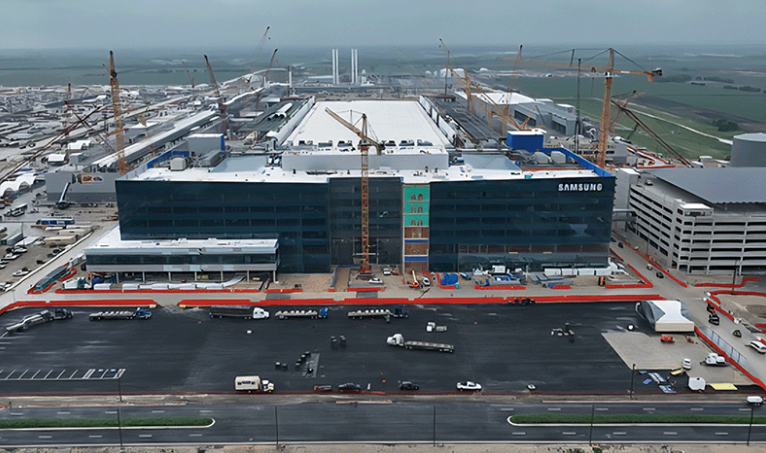
A Crucial Test of Opportunity and Pressure
As cooperation with Musk deepens, Samsung’s investment in its Texas plant is also ramping up. Since July, the company has dispatched core engineers twice and ordered advanced equipment to build its process lines. The plant is expected to house up to four clean rooms and reach monthly production capacity of 70,000 wafers (12-inch standard). Samsung plans to leverage this to strengthen business with global tech giants. Industry estimates place Samsung’s total investment in the Taylor plant at up to $50 billion.
Such large-scale investment underscores Samsung’s attempt to reposition itself in the global race. While TSMC spreads risk through multi-site production across Taiwan, Japan’s Kumamoto, and Arizona, Samsung is pursuing a “two-track” expansion in Pyeongtaek and Taylor to broaden its North American client base. As the Texas facility nears full-scale production and capacity becomes tangible, expectations are rising that orders from Tesla and potentially xAI will follow.
The decisive factor will be stabilizing yields at the 2-nanometer process. Samsung has long faced criticism for lagging in yield improvement during its transition to the 3-nanometer gate-all-around (GAA) process. But if its Texas plant achieves stable yields at scale, the dynamics could shift. For companies like Tesla and xAI, with long-term AI roadmaps, consistent wafer-level yields are a non-negotiable standard. Unlike research samples, autonomous driving, robotics, and large-scale AI training all demand uninterrupted chip supplies. For Samsung, yield performance will not only determine the success of its partnership with Musk’s ecosystem but also serve as a litmus test for restoring its credibility in the global foundry market.

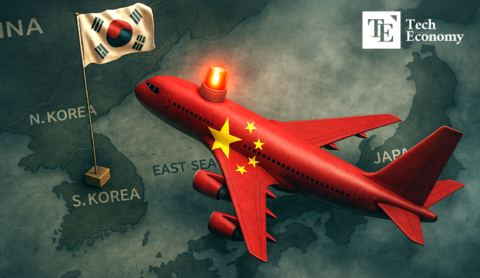
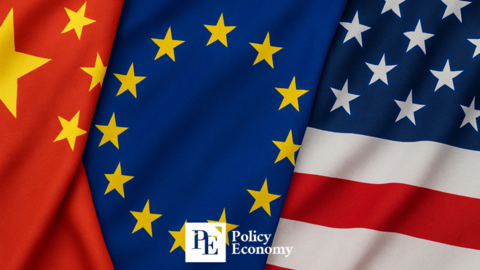
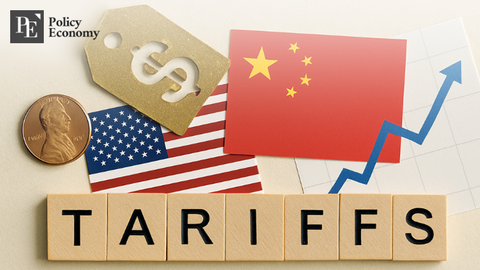



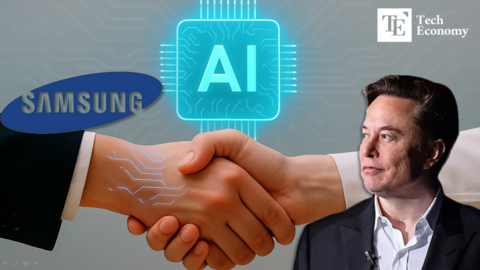

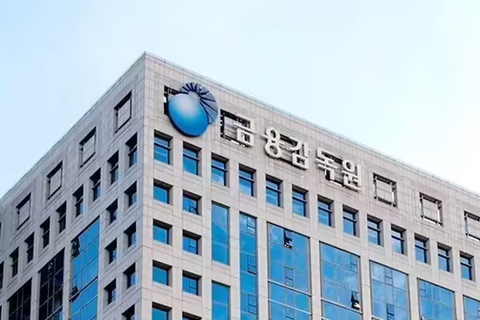












Comment